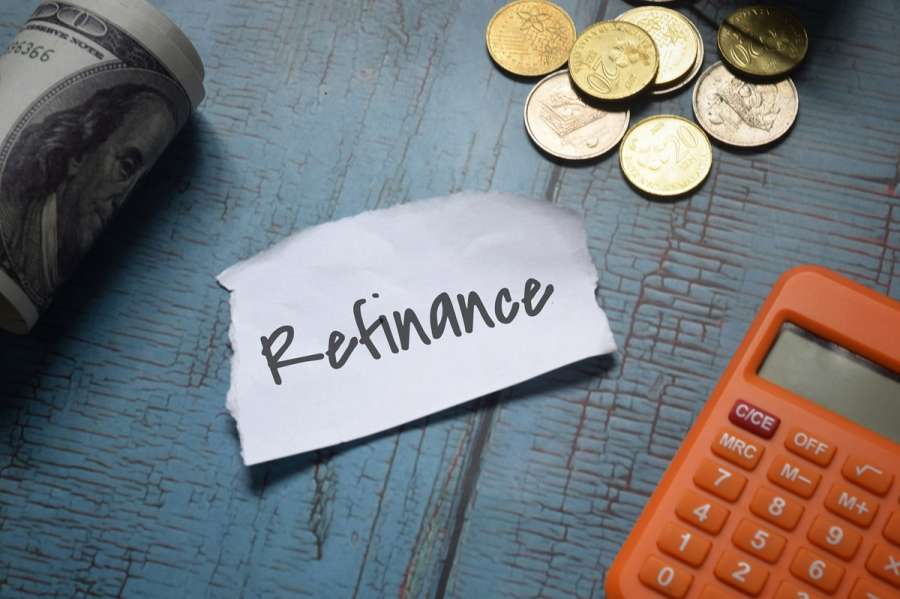What is the refinancing gap?
The 'refinancing gap' refers to the difference between the amount needed to be borrowed to refinance existing debt and the amount that lenders are willing to lend.
This issue has become much more prevalent in the last couple of years due to the hike in interest rates and the decline in property values.
With the Bank of England's interest rate currently at 5.25%, borrowers have to pay much higher interest than a few years ago, so borrowing is more expensive.
The refinancing gap is not just limited to Britain but is also seen across Europe and globally.
According to surveying firm JLL, the current refinancing gap worldwide is $270-$570 billion.
Myerson Solicitors' Banking lawyers explore the refinancing gap for real estate.





